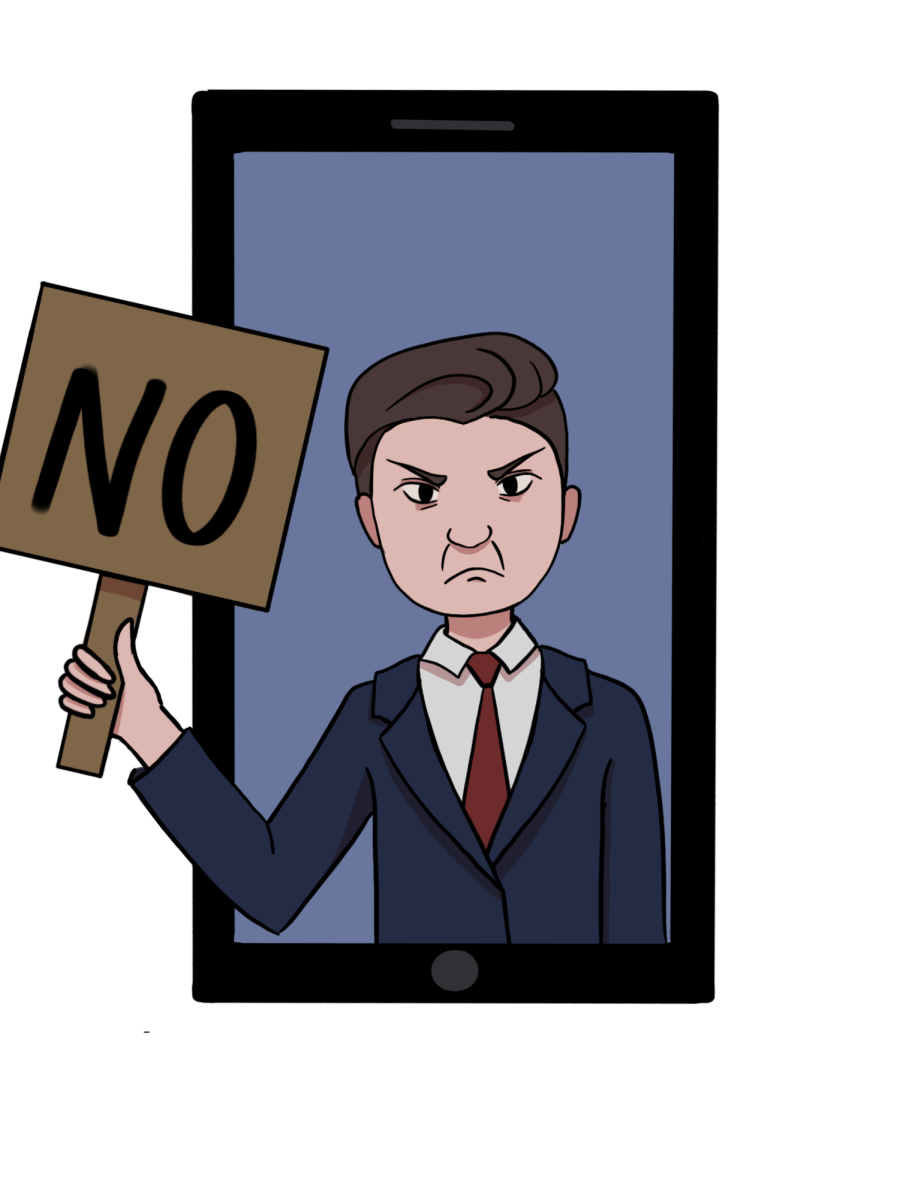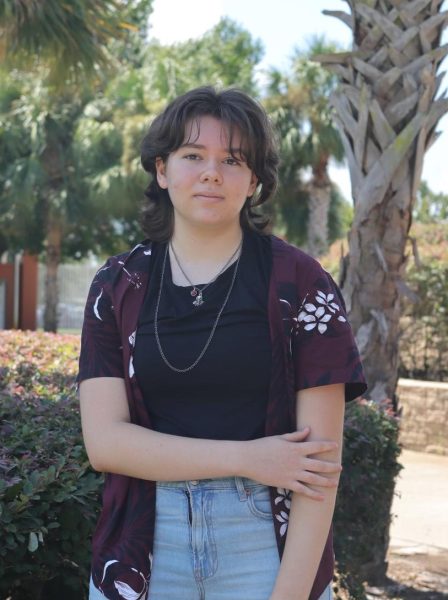A few generations ago, our great-grandparents communicated across long distances by sending letters or telegrams. As newer technology developed and became widely available, long-distance interaction switched over to telephone calls and emails. Then came mobile phones, texting, and more recently social media. With every improvement, the world becomes more interconnected, and more opportunities emerge for people everywhere.
No one said that the end was nigh when people started sending telegrams that reached their destination instantly instead of waiting days for an old-timey messenger to deliver it on horseback. No one called it a passing trend when pocket-sized mobile devices began to appear, or blamed all of their problems on the new inventions.
Older generations cannot seem to grasp, though, that social media is simply the next step in this progression. HB-1, which would ban social media for children under 16 (and likely cause inconveniences for anyone trying to create a new account), is just further proof of their ignorance. By treating it as a plague or enemy, adults turn a blind eye to all of the potential redeeming qualities of social media and fail to consider that getting rid of it would deprive younger generations of one of their primary forms of communication.
Certainly, social media has its risks, but unless you plan on locking yourself in a cellar and staring at a blank wall for hours on end while reading “The Very Hungry Caterpillar” for entertainment, it’s pretty difficult to find a totally risk-free activity these days—and even then, you might get a paper cut.
Young teens know not to go walking through unlit alleyways at night with no flashlight, no phone, and no friends or adults around; the same common sense allows them to stay out of shady places on social media. No reasonable parent would keep their child locked inside all the time because some places are dangerous—and there would be outrage if a government official a hundred miles away decided that no students could go anywhere except for school and their house. If parents want to give their child the option to walk down that alley, it is up to them and the child to ensure that they take the proper precautions. Education about the dangers of social media is still important and would be far more effective than essentially turning it into the forbidden fruit.
Unlike a lot of unjust laws that people turn a blind eye to, this will affect citizens every day, and lead to a significantly less informed, less up-to-date teen population.
Even beyond this blatant government overreach, it is confounding and disappointing that Florida’s legislature seems to find this the most pressing issue. HB-1 is the first bill of the year and as such, generally the top priority of the state government, so it raises an interesting question: of all the problems that citizens face, of all the changes that they could approve, projects that they could set in motion, or improvements that they could make, do lawmakers really think that kids on social media is the most critical? In fact, if they devoted any amount of effort to targeting online predators instead of the victims, maybe there would not be a need for restricting children’s social media use as much in the first place.
It is also unreasonable to expect social media companies to maintain this rule, and hold them responsible if it is broken. Let’s face it: kids are really good at lying about their age; I’ve seen my sister pass for eight years old and 16 on the same day without blinking an eye. How can anyone be sure that users of social media apps are telling the truth, especially when they have a screen to hide behind? It should not be the company’s fault if someone deceives them.
Additionally, in order to have absolute certainty of a new user’s age, these sites would have to include such a large amount of age verification that it would cause great inconvenience to actual adults trying to make a social media account.
The founding principles of the United States emphasize individual freedom and privacy; do these rights not apply to children and teenagers as well as adults? It is undoubtedly not the government’s place to say who can use social media. These are independent parents and independent children dealing with private corporations, and none of the parties involved need or want this kind of interference from the state.
Currently, HB-1 has passed the House of Representatives, and was welcomed with open arms by politicians on both sides of the spectrum. It seems that the one thing uniting the far right and far left in Florida is their new favorite team-bonding activity of carefully removing personal freedoms one at a time, and watching as the proverbial Jenga tower does not even sway. It’s about time that the whole thing collapses on them.









